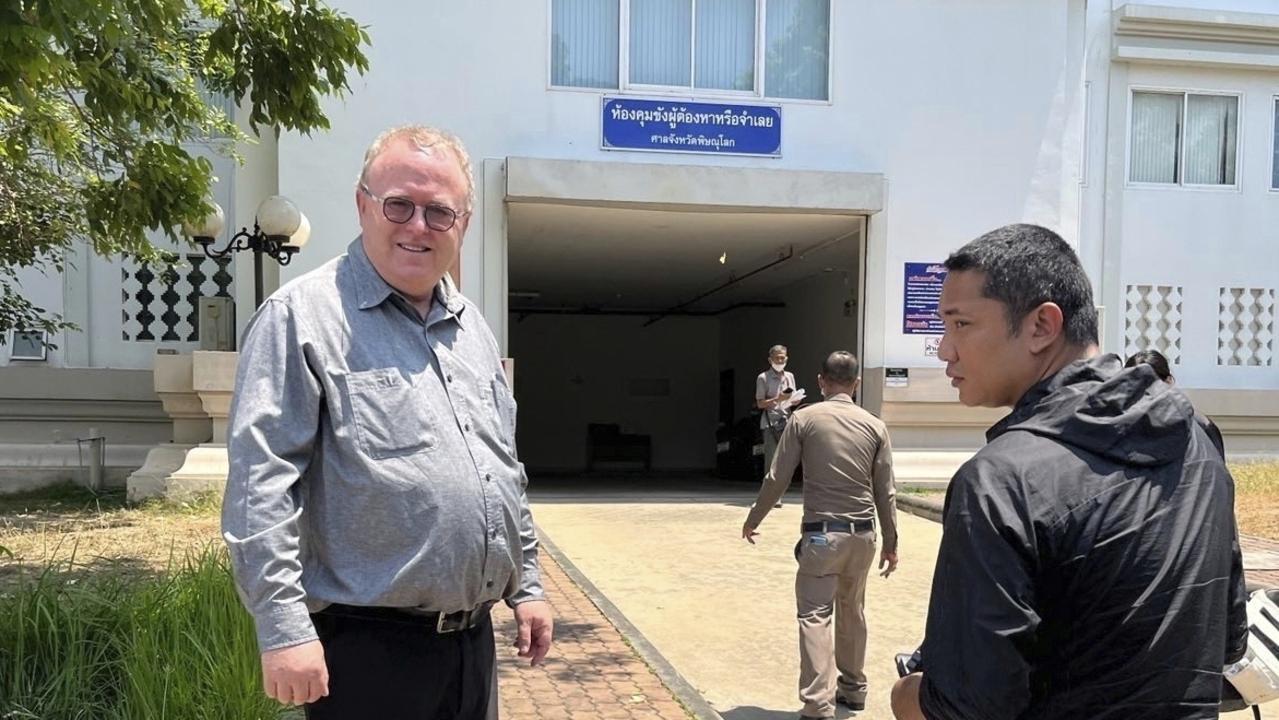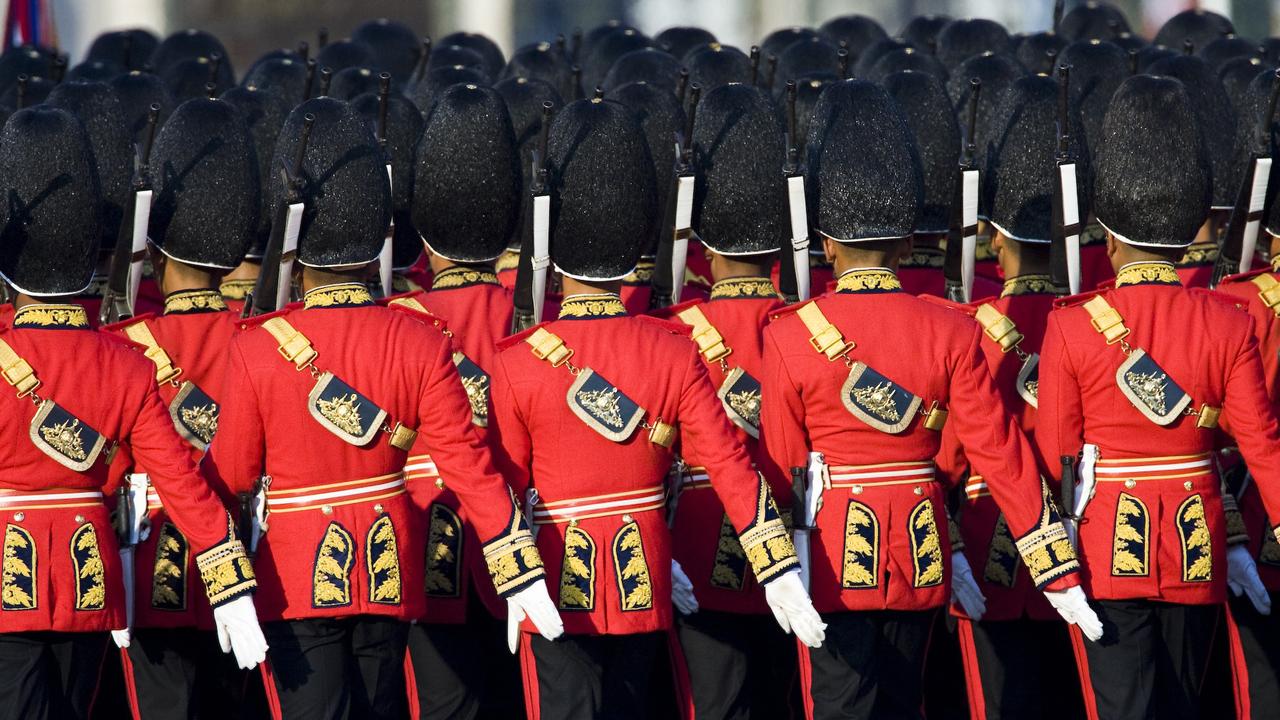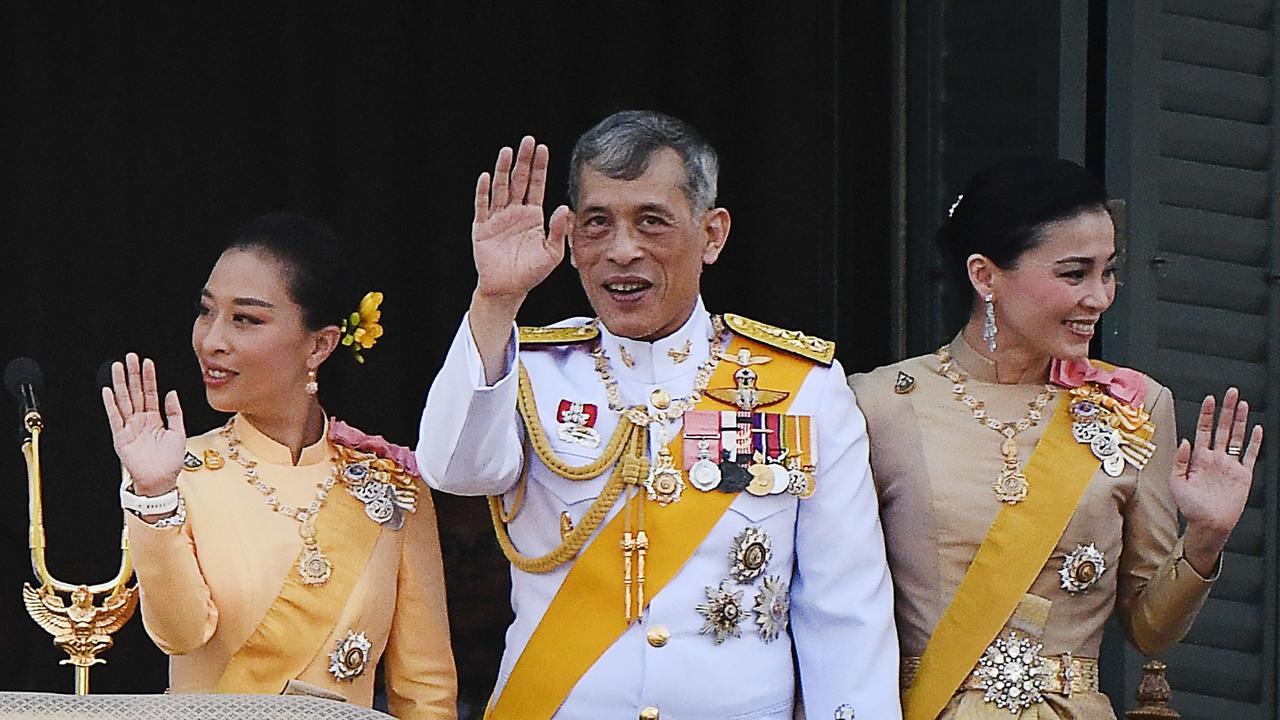‘Spine chilling’: Huge warning for Aussies going to Thailand
As more Aussies than ever flock to Thailand, tourists have been warned of a widely unknown law that could see you locked up for 50 years.
American academic Dr Paul Chambers has become the latest victim of Thailand’s draconian lese majeste law.
It is an archaic piece of legislation that prohibits criticism of the Thai royal family and which is known as one of the most severe laws of its kind on the planet.
Dr Chambers was jailed, had his visa revoked and was prohibited from leaving Thailand after being charged under the lese majeste law in early April.
Lese majeste or lese majesty is listed under Article 112 of the Thai Criminal Code and prohibits criticism of the royal family, with potential sentences ranging from between three to 15 years in prison.
Few countries in the world have such strict laws when it comes to criticism of the monarchy.
Dr Chambers, who teaches at Naresuan University in northern Thailand, was arrested following a webinar invitation entitled: Thailand’s 2024 Military Reshuffles: What Do They Mean? published by the ISEAS – Yusof Ishak Institute in Singapore.
Chambers did not write or publish the offending invitation and was only listed as a visiting fellow at ISEAS who was due to give the webinar in October 2024.
Although the public prosecutor declined to indict him in early May and he is no longer in prison, the academic still faces ongoing issues as his visa status in the country remains in limbo.
Professor Mark Cogan, Associate Professor of Peace and Conflict Studies at Kansai Gaidai University in Japan, told news.com.au that the case against Dr Chambers had shed light on two important red flags in the rule of law in Thailand.

“First, it has been very clear that lese majeste has been used in the past to silence those who have expressed dissent,” he said.
“Whether that be political opponents, political parties, human rights defenders, and even rather benign criticism of past governments.
“Dr Chambers’ case reminds us that the law can easily be weaponised in Thailand, even when the complaint is weak.
“Second, the case also demonstrates the fragile ecosystem that academics must navigate, particularly those like Dr Chambers who study civil-military relations or those working on human rights issues, as they can easily be misinterpreted.
“While formal charges against foreign academics are still rare, the use of the law is now also a reminder to Thai academics of the consequences of running afoul of what are vaguely worded laws in the Thai Criminal Code.”
Chambers is a specialist in relations between civilians and the military in Thailand and democracy across Southeast Asia.

While the maximum sentence under the lese majeste law is 15 years in prison, Thai courts can hand down multiple sentences for separate crimes which can lead to much longer periods of incarceration.
In 2024, a Thai man was sentenced to an accumulative 50 years in prison for comments he made about the monarchy. Others have also been sentenced for making cartoons about the royal family and dressing in clothing perceived to imitate them – which is not allowed.
Professor Cogan added that the danger of Article 112 is in its wording and how it is continually weaponised against suspected opposition, as application is often random and sentencing can be brutal.

“Benign acts of free expression can be met with a malignant and vindictive response from anyone wishing to file a formal complaint. It is not only a weapon that can send someone to prison, but can lead to unknown, but potentially countless acts of self-censorship.”
Chambers’ lawyers said that the police had deemed that the webinar invitation contained false information and was offensive as “the kind did not exercise powers to restructure the military or appoint high-ranking national security officials. To say otherwise would be an insult to the king and would tarnish the king’s reputation and dignity.”
Sunai Phasuk, a senior researcher on Thailand at Human Rights Watch, told news.com.au that “the baseless charges against Paul Chambers represent a tightening chokehold on free speech and academic freedom in Thailand.”
“It is a spine chilling message that no one – Thai and foreigners – can make even the slightest criticism about the monarchy for any reason. Chambers is widely known for his research on civil-military relations and the roles of the monarchy in Thailand. Because of that, the conservative military and royalist groups have targeted him for many years, including by propagating online hate campaigns and by pressing Thai authorities to revoke his visa and have him expelled from the university.”

Phasuk added that the number of lese majeste cases in Thailand has been rapidly increasing.
“Thai authorities have in recent years prosecuted at least 272 people on charges of insulting the monarchy. Those arrested, including many for writing or reposting on social media, have often been held in lengthy detention without access to bail.”
Prior to the pandemic, around 800,000 Australians visited Thailand annually, with numbers slowly returning to pre-pandemic levels over the last few years.
According to smartraveller.gov.au, “Insulting the monarchy, or defacing images of the monarchy – including on a bank note bearing the King’s image – can lead to prison terms of up to 15 years.”
With the rise of the internet and social media, travellers to Thailand also need to be aware of what they post online or any posts they may react to about the monarchy.
Professor Cogan said that, for safety, tourists should exercise caution, particularly in areas that might have political activity or protests.
“These times may be rare, but it is appropriate to be mindful of the ‘wrong place, wrong time’ scenario, to avoid unintended consequences.”
“Naturally, people have political opinions and it is quite topical in other countries to share them in public, but some topics are sensitive in Thailand. Regardless of one’s opinion, the sad reality is that an act of free expression can unwittingly cause difficulties or discomfort for Thais,” he said
“This is an unfortunate consequence when routine free expression is not a fully normal part of public life.”
Aisyah Llewellyn is a freelance journalist based in Indonesia





